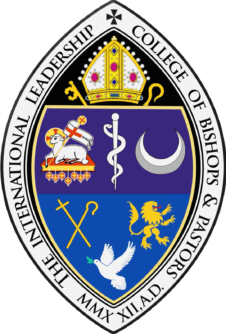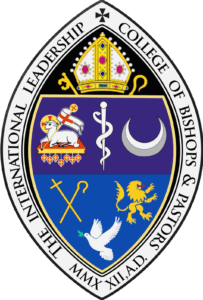How can Bishop Grow Bishops, like all individuals in leadership roles, can grow and develop in various ways to become more effective and impactful in their ministry.
Here are some ways in which bishops can foster their personal and professional growth:
1. **Continuing Education**: Bishops can engage in ongoing education and professional development to deepen their theological understanding, leadership skills, and pastoral care abilities. This can involve attending conferences, workshops, seminars, and pursuing advanced degrees in relevant fields.
2. **Mentorship and Coaching**: Seeking out mentorship from experienced bishops or other leaders can provide valuable guidance and support in navigating the challenges of leadership. Coaching can also help bishops identify areas for growth and develop strategies for improvement.
3. **Self-Reflection and Feedback**: Bishops can engage in regular self-reflection to assess their strengths, weaknesses, and areas for growth. Seeking feedback from peers, clergy, and laity can provide valuable insights into how they are perceived and areas where they can improve.
4. **Spiritual Formation**: Bishops can deepen their spiritual life through practices such as prayer, meditation, spiritual reading, and retreats. A strong spiritual foundation can sustain them in times of challenge and help them lead from a place of authenticity and integrity.
5. **Collaboration and Networking**: Building collaborative relationships with other bishops, clergy, and leaders in the wider community can provide opportunities for learning, sharing best practices, and gaining new perspectives on leadership and ministry.
6. **Emotional Intelligence and Self-Awareness**: Developing emotional intelligence and self-awareness can help bishops navigate complex interpersonal dynamics, communicate effectively, and lead with empathy and compassion.
7. **Adaptability and Innovation**: Bishops can cultivate a mindset of adaptability and innovation to respond creatively to the changing needs and challenges of their diocese and the wider church community.
8. **Strengthening Leadership Skills**: Bishops can work on honing their leadership skills, such as decision-making, conflict resolution, strategic planning, and team-building, to lead their diocese effectively and inspire others to follow their vision.
By actively engaging in these areas of growth and development, bishops can enhance their leadership capacity, deepen their impact on their diocese and the broader church community, and continue to grow personally and professionally in their ministry.


